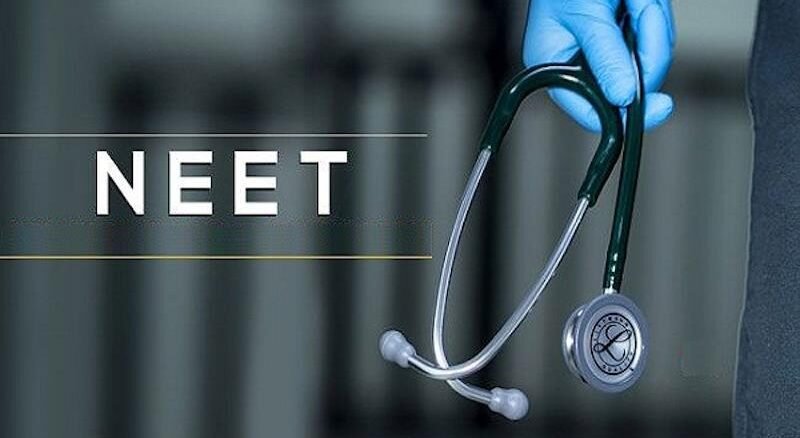Recently, a shocking incident took place at Ram Manohar Lohia Hospital in Delhi, where a NEET aspirant was caught posing as a doctor. The imposter, whose identity has been kept confidential, managed to deceive the hospital staff and gain access to the hospital premises.
The incident came to light when a vigilant nurse noticed something suspicious about the supposed doctor’s behavior. The nurse, who has requested anonymity, observed that the imposter lacked the necessary knowledge and skills expected of a qualified medical professional. Sensing something amiss, the nurse immediately reported her suspicions to the hospital authorities.
The hospital administration promptly launched an investigation into the matter. They discovered that the individual in question had been attempting to pass as a doctor for several weeks. It was revealed that the imposter had even been attending medical rounds and interacting with patients, posing a grave risk to their well-being.
The imposter, who is a NEET aspirant preparing for the medical entrance examination, allegedly used fake identification documents to gain entry into the hospital. The incident has raised concerns about the security measures in place at medical institutions and the need for stricter verification processes.
The hospital administration has taken immediate action by filing a First Information Report (FIR) with the local police. The imposter has been apprehended and is currently under investigation. The authorities are determined to uncover the motives behind this audacious act and ensure that justice is served.
This incident serves as a stark reminder of the importance of stringent background checks and verification procedures in the medical field. It highlights the potential dangers posed by individuals who falsely claim to be qualified medical professionals.
Medical institutions must prioritize the safety and well-being of their patients by implementing thorough screening processes for all staff members, including doctors, nurses, and other healthcare professionals. This includes verifying educational qualifications, conducting reference checks, and scrutinizing identification documents.
Additionally, hospitals should invest in training programs and workshops to educate their staff about the signs of imposter syndrome and how to identify individuals who may be posing as doctors or other medical professionals.
It is crucial for the medical community to work together with law enforcement agencies to prevent such incidents and protect the integrity of the healthcare system. Collaboration between hospitals, regulatory bodies, and the police can help in creating a robust framework to identify and apprehend individuals attempting to deceive the system.
Furthermore, aspiring medical professionals should be encouraged to pursue their dreams through legitimate means. The competitive nature of medical entrance exams should not drive individuals to resort to fraudulent activities. Adequate support systems and counseling services should be in place to guide and assist students in their journey towards becoming qualified doctors.
The Delhi incident serves as a wake-up call for the medical community to strengthen their security measures and ensure that only qualified professionals are entrusted with the responsibility of providing healthcare services to the public.
By learning from this incident and implementing stricter verification procedures, hospitals can safeguard the trust and confidence of the patients they serve. It is imperative that the medical field remains a beacon of trust and reliability, where patients feel safe and confident in the care they receive.



